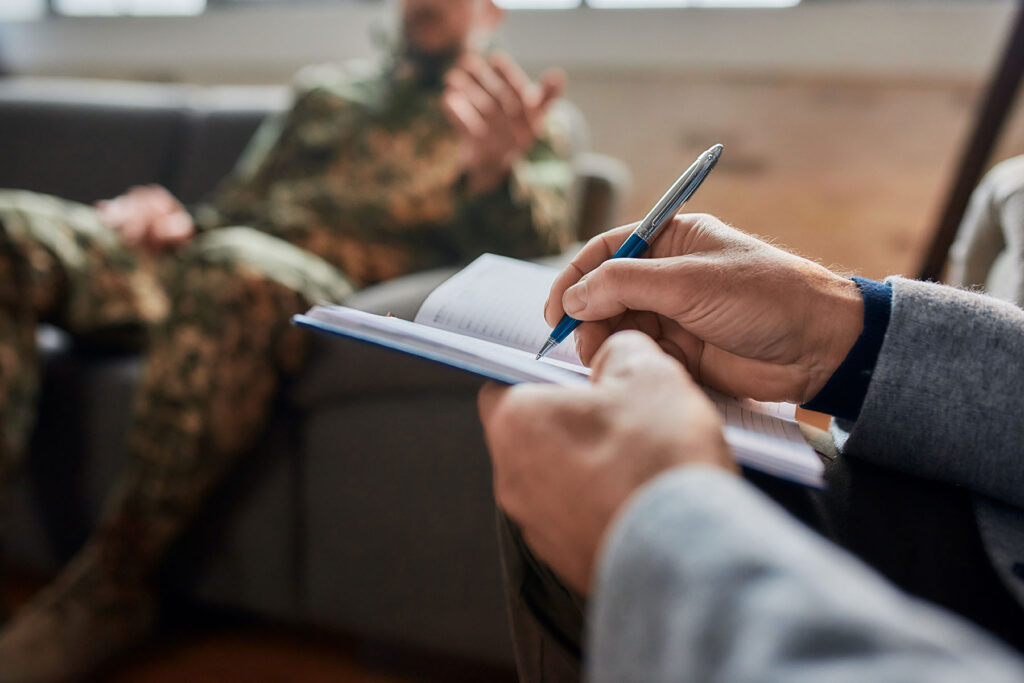Post-traumatic stress disorder (PTSD) affects about eight million U.S. adults annually. Trauma can originate from a devastating accident, natural disaster, repeated abuse, or sexual violence. Military veterans are affected at even higher rates than the general public. Their PTSD is linked to trauma from experiences during combat or horrors witnessed in war zones. Everyone with PTSD experiences past trauma in the brain as if it were still happening. This tremendous challenge is linked to many unfortunate life outcomes, from addiction to suicide. Evidence-based PTSD treatment for veterans helps them live without the relentless psychological strain of this diagnosis.
If you are a veteran suffering from PTSD, with or without a co-occurring substance use disorder (SUD), let UpArmor Recovery provide you with the care you need and deserve. Reach out today to learn more about signs of PTSD in veterans as well as what PTSD treatment for veterans is like and how it can help you, starting now. Call us at 855.211.5537 or complete this easy online form.
What Is PTSD?
The diagnosis known as post-traumatic stress disorder was not given that name until the 1970s, though there is ample evidence throughout history, including in ancient texts, that the psychological effects of combat have existed since war has existed. It has been called the irritable heart (Civil War), shell shock (WWI), battle fatigue (WWII), and post-Vietnam syndrome. The more modern term, PTSD, more accurately reflects the diagnosis.
The brain’s alarm system, controlled by the amygdala, which is in place to help humans survive when facing danger, is altered after extreme or repeated trauma. It becomes so sensitive that anything—or what someone could perceive as nothing—can set it off. Meanwhile, the prefrontal cortex, which helps you think things through and push pause on extreme reactions, is muted by the hormones triggered by the alarm system—like cortisol and adrenaline. This becomes the everyday state for those with PTSD, making it difficult to distinguish between safe, normal events happening now and the dangerous, hurtful, and terrifying traumatic events of the past.
Signs of PTSD in Veterans
Some common PTSD symptoms include:
- Intrusive thoughts –These are unwanted, upsetting memories of the event(s) or nightmares that bloom unbidden in the mind. This can include mentally reliving the event as if it were happening now, known as flashbacks.
- Avoidant behaviors – Someone with PTSD often avoids things, activities, places, or people that might remind them of the trauma. They are likely to avoid discussing anything about the traumatic events, making treatment challenging. Extreme avoidance can lead to total isolation as people living with PTSD try to steer clear of any triggering stimuli.
- Altered thinking patterns: Those with PTSD often have negative thoughts about themselves or others, feelings of hopelessness, memory lapses, and emotional detachment or numbness. These thoughts make it difficult to form or maintain personal relationships.
- Intense reactions: Being in a constant state of extreme anxiety and fight or flight is common for people with PTSD, which leads to insomnia, an exaggerated startle response, and overwhelming feelings of guilt or shame.
Veterans forced to re-experience traumatic wartime events and memories find re-entering society incredibly challenging. PTSD often leads to relationship and job loss, addiction, and homelessness. If you are experiencing PTSD symptoms, don’t wait. Seek help today. Call 855.211.5537 to learn more.
PTSD Treatment for Veterans at UpArmor Recovery
About 13% of veterans—that we know of—have PTSD. But the barriers to veterans’ receiving needed care for PTSD also impede accurate data collection. It is estimated that less than half of veterans who return home needing mental health treatment ever receive it. Social stigma around mental health disorders in military communities combined with long waiting lists for receiving care are just two barriers to veterans receiving treatment.
UpArmor Recovery is here to help veterans reclaim mental health. We treat PTSD, SUDs, and co-occurring disorders. Reach out today to begin your journey to health. Fill out this form or call us at 855.211.5537.


